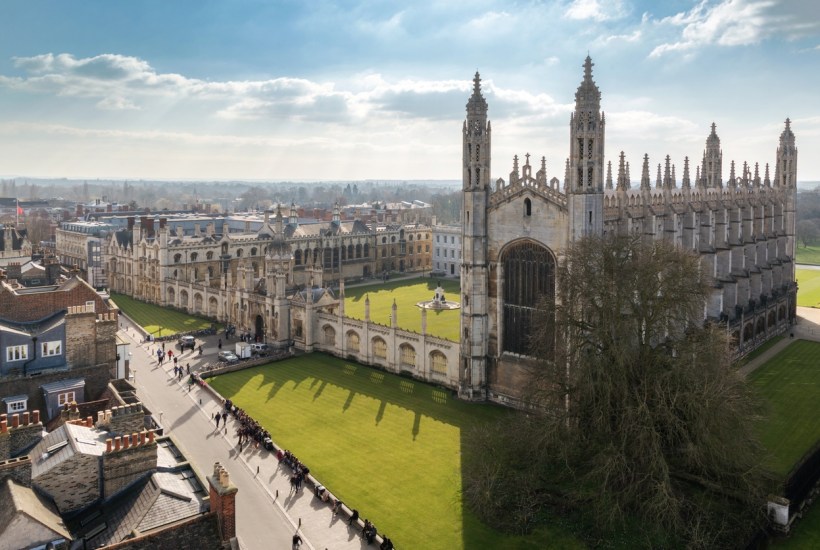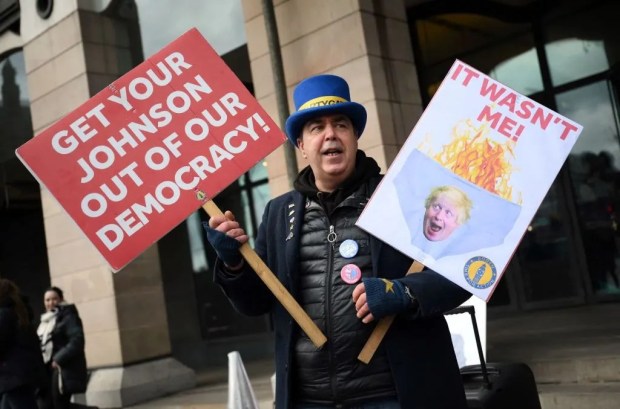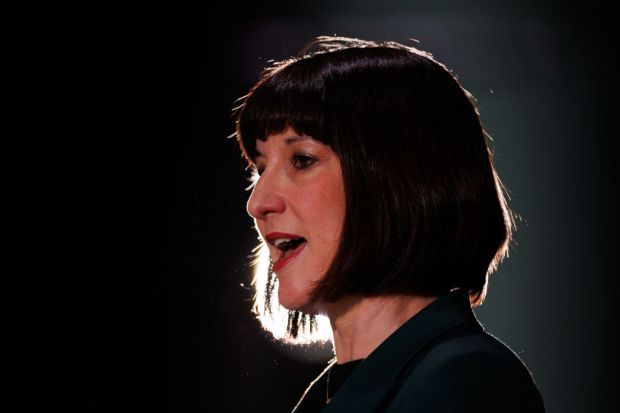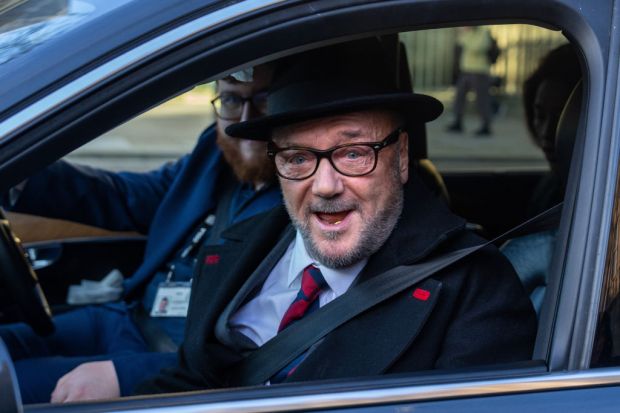When Dr Priyamvada Gopal, a University of Cambridge academic, tweeted ‘White lives don’t matter’ and ‘Abolish whiteness’ in response to a banner reading ‘White lives matter Burnley’ being flown over a Premier League match, it certainly provoked a response. Dr Gopal was quickly inundated with horrific personal and racial abuse, but she stuck to her position, arguing that she was appropriately addressing systemic racial inequality.
It wasn’t long before the University of Cambridge weighed in with a strong statement defending Gopal, without explicitly mentioning her. ‘The University defends the right of its academics to express their own lawful opinions which others might find controversial, and deplores in the strongest terms abuse and personal attacks’ read their statement.
In simple terms, their view was that you may not like what Dr Gopal has to say, you may even be shocked and offended by her, but (particularly in universities) there needs to be an environment that enables uncomfortable and challenging discussion.
The problem with Cambridge’s statement is that it rang very hollow in view of their recent track record in defending other academics. Perhaps the most famous example is that of Jordan Peterson, who had a visiting fellowship offer rescinded in 2019 after student pushback. In defence of the withdrawal, a university spokesperson said ‘[Cambridge] is an inclusive environment and we expect all our staff and visitors to uphold our principles. There is no place here for anyone who cannot.’ The Student Union went further, saying: ‘It is a political act to associate the University with an academic’s work through offers which legitimise figures such as Peterson.’
Then there was the case of Noah Carl, who was sacked from a research position after staff and students complained about his alleged ‘collaboration with far-right extremists’. Defending his dismissal, the master of his college said: ‘there was a serious risk that Dr Carl’s appointment could lead, directly or indirectly, to the college being used as a platform to promote views that could incite racial or religious hatred, and bring the college into disrepute.’
The interesting thing is that the statements made in relation to both Peterson and Carl could just as easily have been trotted out to justify a dismissal of Gopal. But not only did the University defend her right to say things that clearly could cause offence and incite hatred, they went on to promote her to a full Professorship. In a recent Guardian interview Gopal seemed to want the University to go even further and throw their full weight behind her position.
The contrast in treatment on this particular issue is illuminated by the plight of Mike McCollough, a physics lecturer at the University of Plymouth, who was subjected to an investigation by his university after ‘liking’ tweets that included ‘all lives matter’. The investigation has since been dropped, but unlike Dr Gopal, it is very unlikely McCollough will now be offered a promotion as recompense.
Free speech is the lifeblood of universities. If they fail to facilitate the free and frank exchange of ideas on campus, particularly on divisive topics, they have lost their purpose. Let’s hope that Cambridge’s statement will hold true for all academics going forward, regardless of what side of the argument they find themselves on.
Laurence Wilkinson is Legal Counsel at ADF International.
Got something to add? Join the discussion and comment below.
Get 10 issues for just $10
Subscribe to The Spectator Australia today for the next 10 magazine issues, plus full online access, for just $10.




















Comments
Don't miss out
Join the conversation with other Spectator Australia readers. Subscribe to leave a comment.
SUBSCRIBEAlready a subscriber? Log in